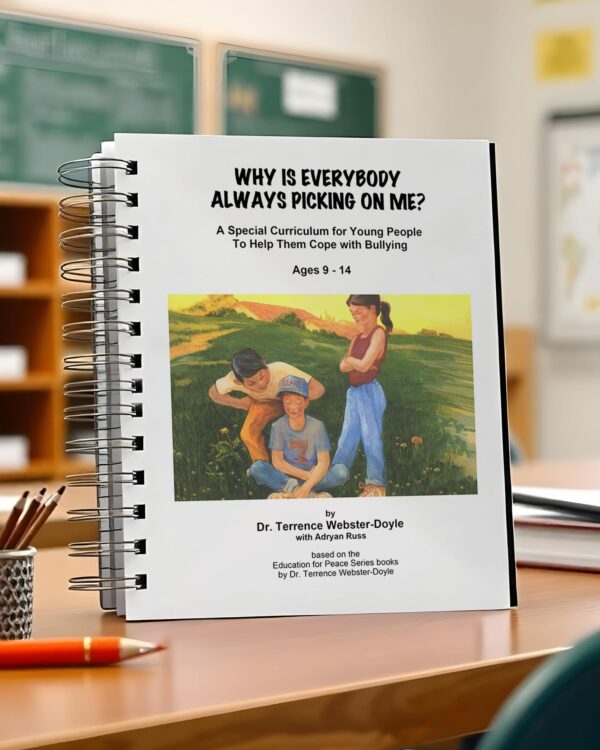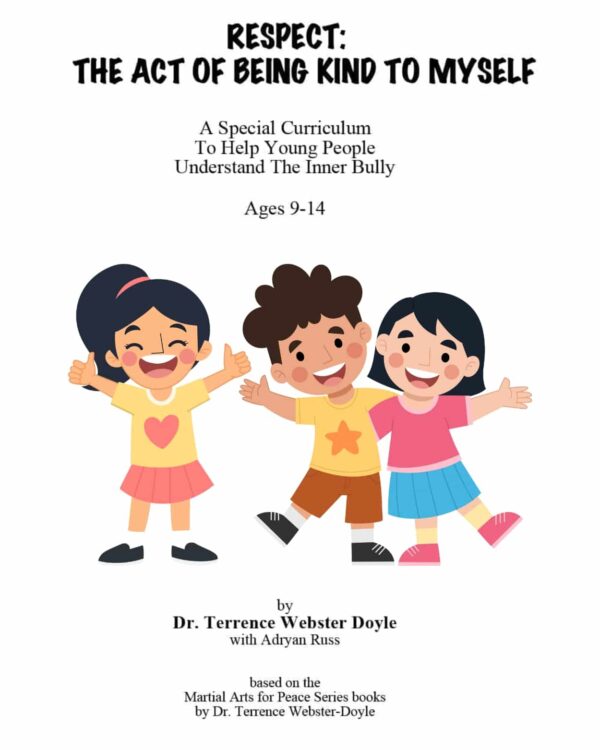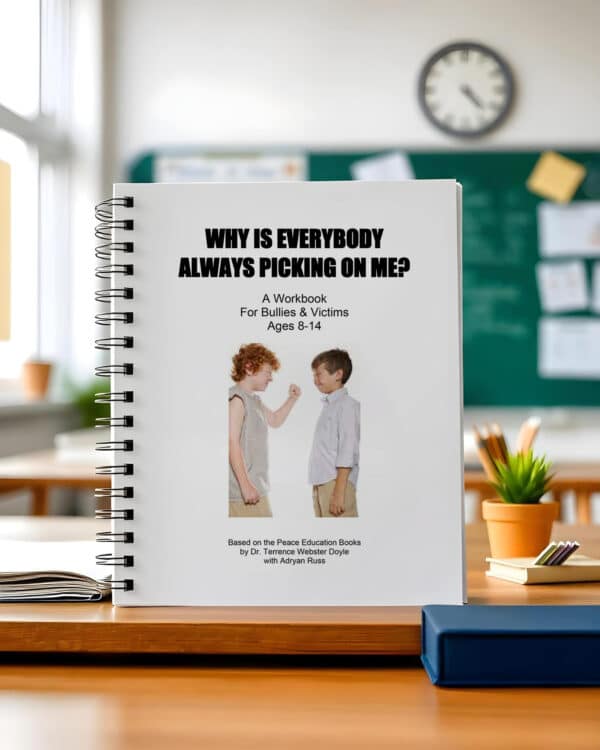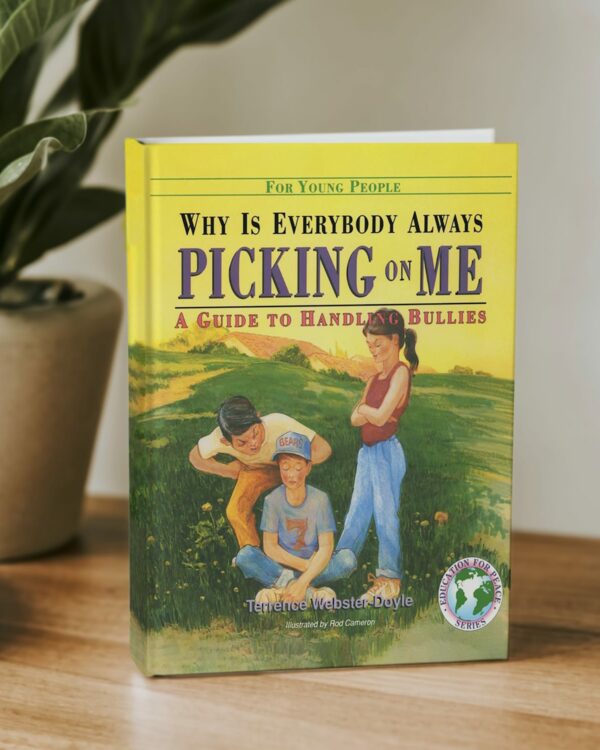Separateness and the Paradox of Ego: Why Division Creates Loneliness

AIl human beings know what the feeling of separateness is like. We feel it every day. Most people see themselves as individuals in a world of individuals. This is what we have been taught and it affects how we behave. I have my ego and you have yours. My ego feels good when I win an argument with you. But with each argument I win, the separateness from you increases.
It seems that we have divided ourselves from others and get a lot of gratification from it. This division helps me to make images of people and react to those images. For example, if I don’t like something you said, I can think of you as a bit stupid. Then I can react to the label. This way I will avoid looking at your further, as well as at my own judgements.
We also crave division in order to separate ourselves from the average person.
Most people see themselves as somewhat better than the average person. Interestingly enough, this very perception that is common to so many, shows how alike we really are.
We have, for the most part, been similarly conditioned. Not taking into account superficial differences, most people will react similarly in similar cirumstances, especially at the inner level of our self-interest.
But we often do not express what we really feel. We feel one thing, but we express something else. This hypocrisy adds to our inner division and ultimately adds to the confusion in our relationships.
Much as we use separateness to make ourselves feel special, it is this very separateness that makes us feel lonely and misunderstood.
This feeling of separateness is the cause of our many discords and the many problems that come from them. We try to overcome these feelings by keeping very busy or by escaping into novels, hobbies, entertainments or seeking union with God.
All these escapes work for a limited time.
We really don’t feel fufilled.
It is especially revealing to observe our inner feelings when we are interacting with our family and close friends.
We may be quite polite and friendly on the surface, but what minor irritations are going on inside?
Only with careful attention to our own minds can we become aware of our real feelings. Most of the time we do not bring these feelings into full consciousness.
It is these real feelings that direct the course of our relationships. They mostly show themselves when there is a confrontation and we decide that it is high time we gave the other “a piece of one’s mind”.
Most of us have accepted this feeling of separateness as something that is natural and so we don’t question it.
Some of us may have read or suspected that oneness with nature, animals, and even life is a possibility. There are many experiences that speak of a common consciousness.
If you have ever played in an orchestra, you would be aware that at some point you feel you are not a separate player, but a part of the unison of energies that are making the music wholistic. There are moments of deep communion with another person in which we understand the other on a nonverbal level.
We all have experienced oneness with another, but it is rare.
Have you ever sat and held another’s hand and yet been miles apart in your thoughts? The key word here is thought.
Is not the ego a creation of our thought? Does not the ego play a big part in our search for gratification? Paradoxically, the more we act from a selfish ego in order to feel good, the more we destroy the possibility of ending the separateness that also ends our lonliness.
The experience of oneness is not at the level of thought. It is always on a nonverbal level when division caused by thought has ended. I hope you will take the time to ponder over our dilemma of ego gratification and separateness.
What is thought? The brain observes something, and this event is labeled and stored in memory as information to be recalled when necessary. The brain holds images of what it observes, forming mental constructs of the world, but these mental constructs are formed by the brain and are not the world. – Growing Up Sane: Understanding the Conditioned Mind by Terrence Webster-Doyle





